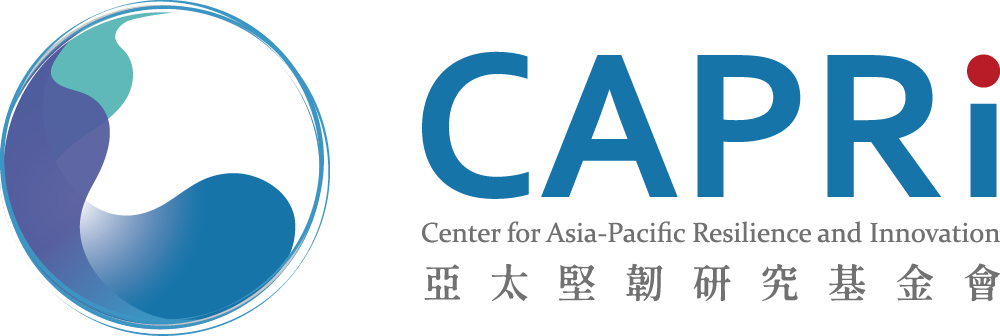Western theorists have long suggested that economic development transforms society in complex ways that will inevitably transition traditional autocracies into modern democracies. But this postulate may not accord with the politically diverse outcomes that we see in Asia after some five decades of peaceful economic development. In this working paper, we propose a new framework of “social resilience” that combines four social characteristics expected to support democratic regime resilience and progressive development over time. We divide 18 Asian regimes into four types and tabulate their social resilience profiles. A comparison reveals that Asia’s most successful democracies display strength in all social resilience parameters, as we supposed might be the case. The single best predictor of democratic success among our four social resilience parameters was not level of economic development, but civil society development, which generally corresponds with regime type on the autocracy–democracy spectrum. These results may thus offer new insights into the social requisites of democracy and, together with historical and institutional factors, help explain the actual record of democratic development in Asia.
Related research: Democratic and Social Resilience – A Critical Link
CAPRI aims to continue the discussion on this important topic. We will soon be inviting comments on this paper and submissions for similar working papers.




